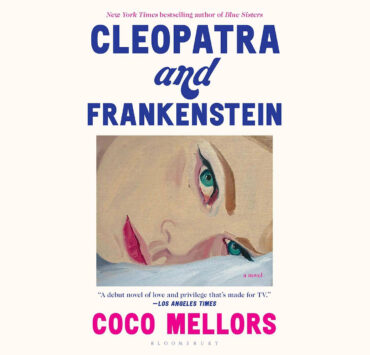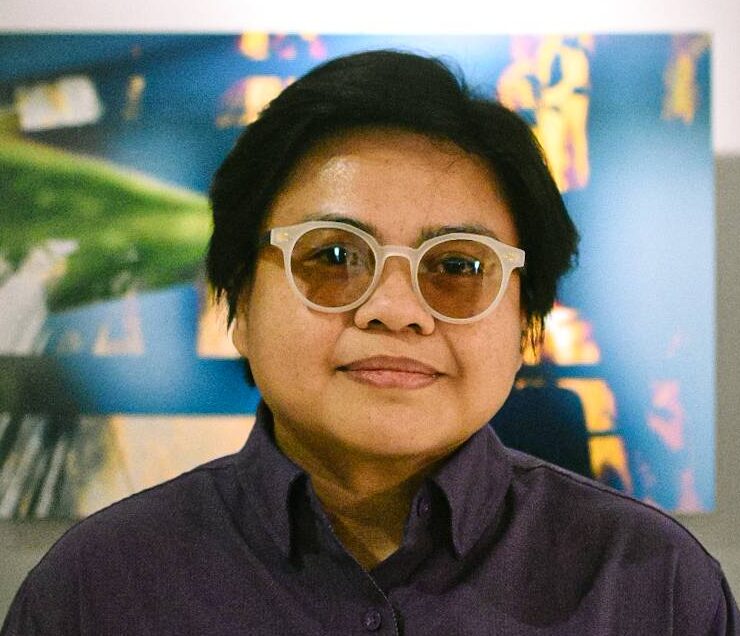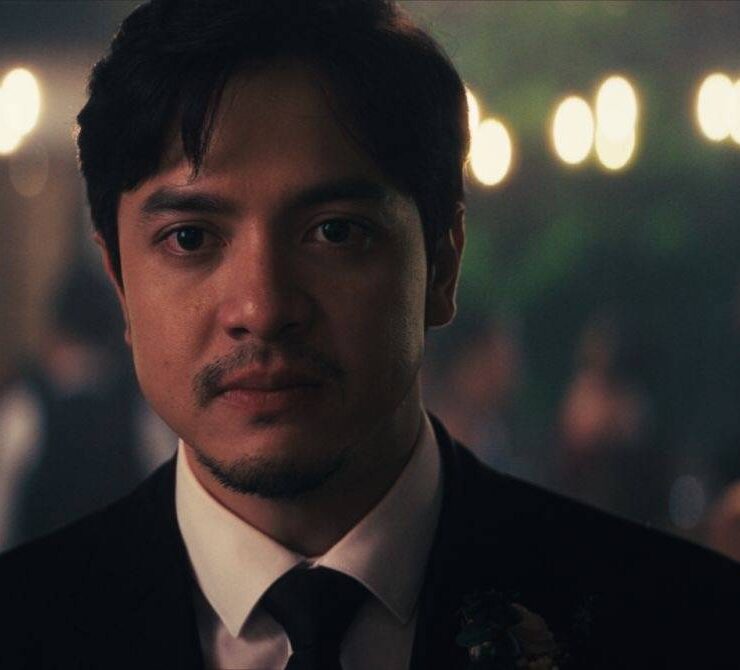Why friendship breakup hurts ‘10 times worse’

Much has already been said about the devastation of romantic breakups. But what if it’s your chosen family—people you let into your life without obligation and who have seen your rawest self—you end up losing?
Some say that a friendship breakup can cut deeper than a romantic heartbreak. Kaila Estrada, Sue Ramirez, Charlie Dizon, and Janella Salvador—stars of the suspense thriller series “What Lies Beneath”—couldn’t agree more.
And when a sisterhood fractures, they say, the wounds hurt all the more. “Ten times worse,” Salvador tells Lifestyle Inquirer in a recent interview with the cast.
Breach of trust
This pain can stem from many different things. But the one reason that stands out most to Estrada is the breach of unconditional trust. “Wala kang expectations at wala kang hinihinging kapalit. So, when that kind of breakup happens, you really grieve losing the person,” she says.
Ramirez makes an interesting distinction: a deep friendship is akin to chosen family, she observes, whereas romantic partners aren’t immediately treated as such—at least not until after marriage or having children together. “Friendship is special, especially among women. It’s a sisterhood wherein we treat each other like real siblings,” she says. “That’s why betrayal truly hurts.”
Unlike romantic relationships, which often end with a definitive farewell—say, a formal split, an annulment, or moving out—friendships can unwittingly fade away, and sometimes, for reasons you can’t quite put a finger on.
“It’s important to share the same values with the people you choose to be part of your life,” Ramirez says. “But there also comes a point when your morals no longer align.”
One life-altering lie
This is the premise of “What Lies Beneath,” albeit on a significantly larger magnitude. Streaming on Netflix and airing on the Kapamilya Channel, the drama follows four women whose strong bond falls apart because of one damning, life-altering lie.
Fourteen years ago—in the aftermath of their fifth friend, Louisa’s death—Alice (Salvador), Mel (Ramirez), Beth (Dizon), and Erica (Estrada) give in to the pressures from the authorities and frame Edong (Jake Cuenca) for the murder. Their bond, built on shared dreams and affection, turns into shared guilt and perhaps even blackmail.
They were once each other’s source of comfort; now, their presence brings anxiety and distrust. And because they all hold secrets that can ruin each other’s lives, the four can’t afford to separate, leaving everyone unable to genuinely heal.
This kind of vulnerability, this sense that your life has been blown wide open to exploitation, is something Dizon relates to. “I’m the type who’s super open in a friendship, so when I get betrayed, there’s this feeling that the other person knows everything about me already,” she says. “Malalim siyang kind of betrayal. Kasi feeling mo family mo na.”
If there’s a lesson to be gleaned here, it’s that there’s a very thin line between supporting your friends and enabling them. In their attempt to protect each other’s futures, the four friends enabled a lie that offered fleeting reprieve, but ultimately left them in moral debt.
But in real life, one of the beauties of female friendship, Salvador says, lies in the ability to call each other out without letting egos get in the way. “And we do it respectfully,” she says. “We can accept [each other’s words] and really listen.”
“You support your friends in things that will be good for them, not in what’s wrong,” Dizon adds.
A delicate balancing act
This, of course, is not always the case for everyone. Sometimes, Ramirez says, people end up doing the wrong things without even realizing it. “Maraming gumagawa ng mali na hindi nila alam na ‘yon na pala ang ginagawa nila. O minsan, they know but they just don’t want to accept it,” she says.
It’s a delicate balancing act. You want to be supportive, and at the same time, not let your friends make decisions that could be detrimental to their lives. That often entails dishing out harsh truths—but without overstepping each other’s boundaries, coming across as overbearing, or, in Estrada’s words, “being negative or a hater.”
“There’s a healthy way to communicate with people you love. Even if your opinions challenge your friends’ or you’re not a fan of what they’re doing, you can have that conversation without telling them what to do. Because nobody likes that—we want to be in control of our own lives,” Estrada says.
As such, she stresses, communication is key to friendship and to healthy relationships in general. “You want your friends to understand that you’re doing this out of concern and out of love, and that you want the same from them, too,” Estrada says.





















